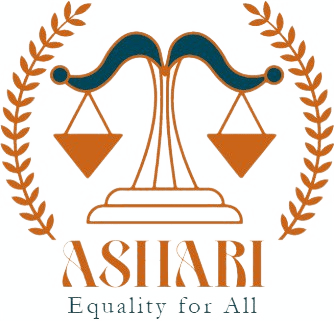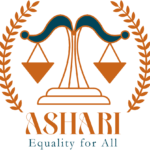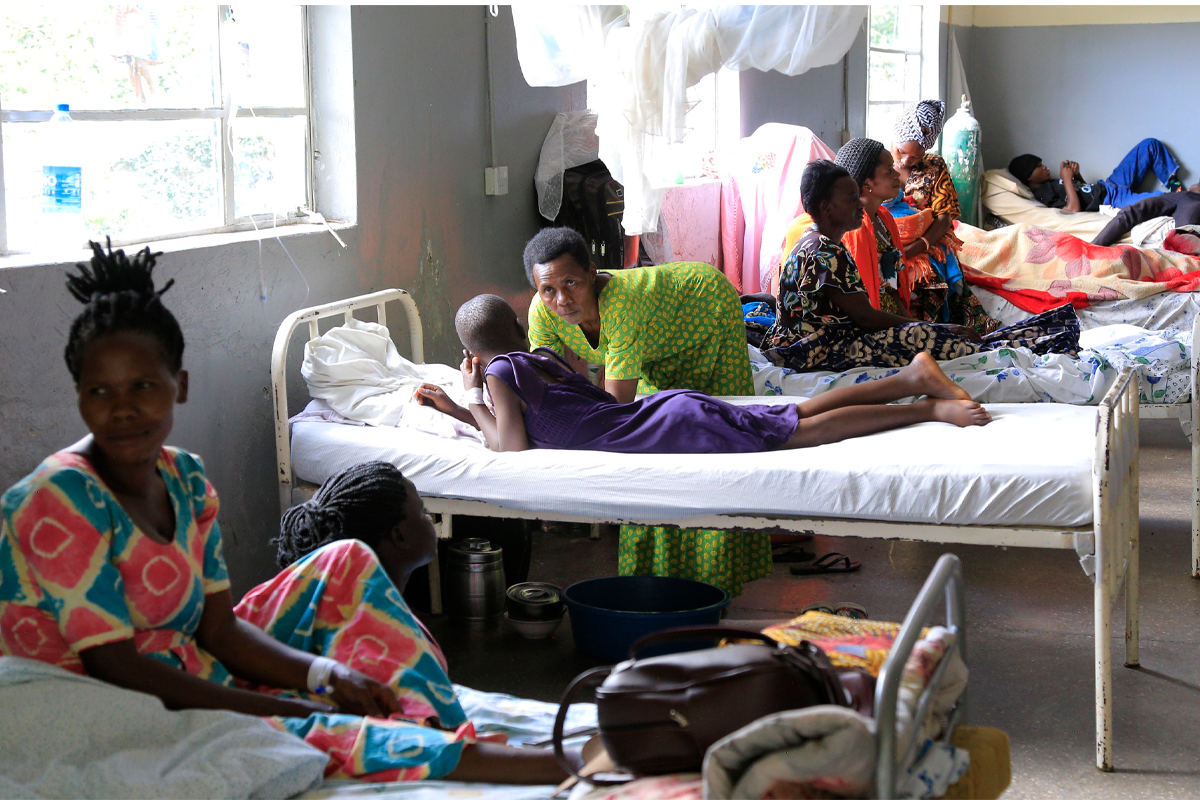- Home
- Projects
HUMAN TRAFFICKING

Human trafficking is a major problem in Uganda, with an estimated 150,000 people trafficked each year. The majority of victims are women and children, who are trafficked for sexual exploitation, forced labor, and domestic servitude.
The Ugandan government has taken some steps to address human trafficking, including passing the Prevention of Trafficking in Persons Act in 2009 and establishing a National Task Force on Trafficking in Persons. However, the government has been criticized for not doing enough to prevent and combat human trafficking, and the crime remains widespread.
WASH PROJECT
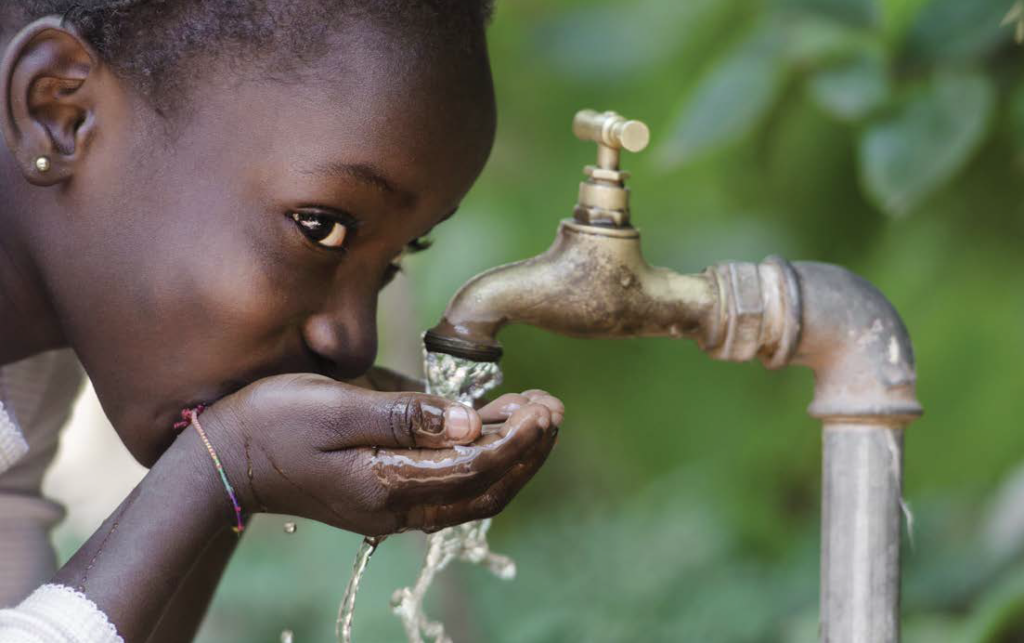
Access to adequate water, sanitation and hygiene is one of the most fundamental basic human rights, 1 in 3 people globally do not have access to safe drinking water (World Health Organization)
ASHARI’s Water Sanitation and Hygiene (WASH) programme includes work to improve the health and quality of life of thousands of people in marginalized communities like schools, health centres and the public through;
- The provision of a safe water supply
- Promotion of appropriate hygiene practices
- The use of sanitation facilities.
ASHARI helps communities to access ground water and makes sure water services are sustainable.
ASHARI has a Hygiene and sanitation program that aims at improving the lives of the people through Health Promotion programs.
It is here that we train our ASHARI-CHWs to continuously educate the communities on how to health educate and test new sanitation products and technologies that are designed to meet Ugandan communities’ sanitation needs.
We invented a new idea of SATO pans to be put on the pit latrines to break down the 4Fs cycle.
ASHARI trains teachers and school health clubs on proper water, sanitation, and hygiene practices, as well as menstrual hygiene management. We have also begun installing rainwater catchment systems in schools for water reuse.
TB PROJECT
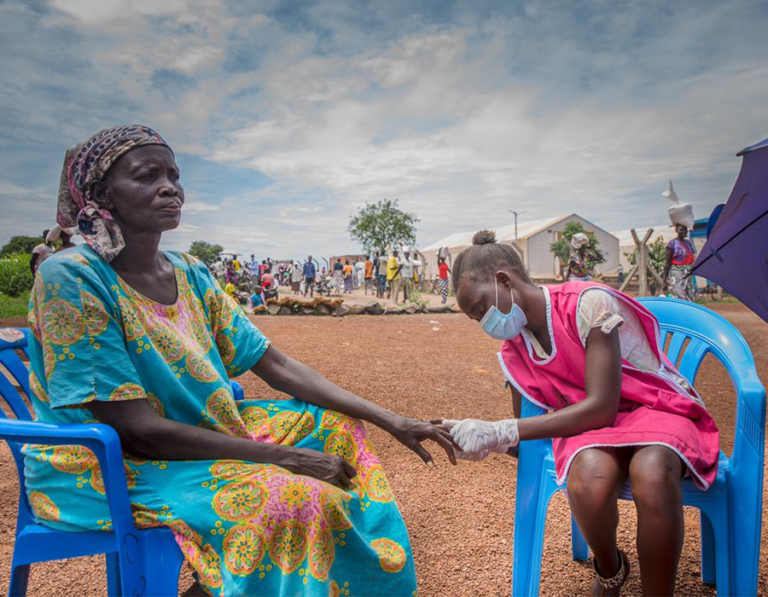
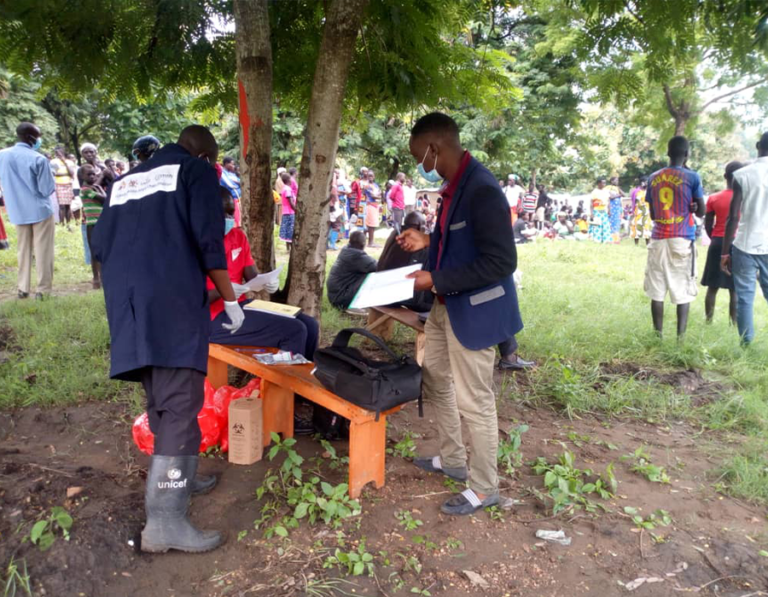
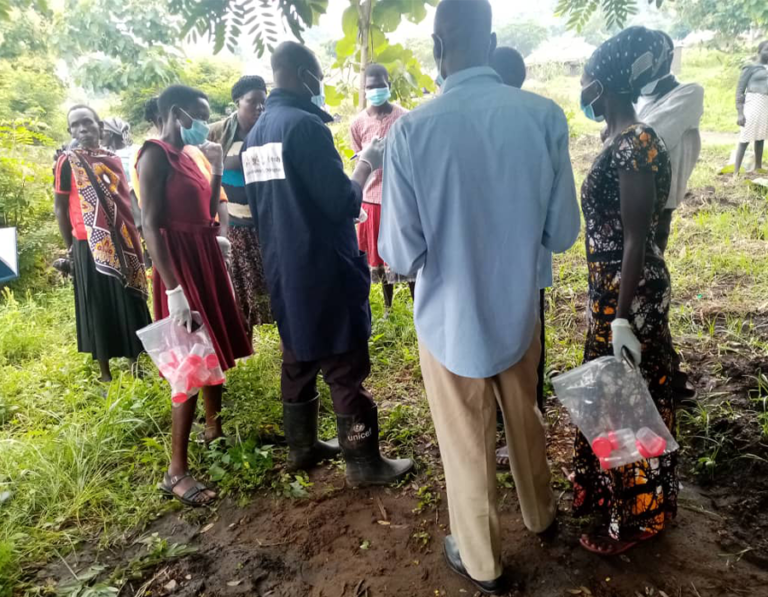
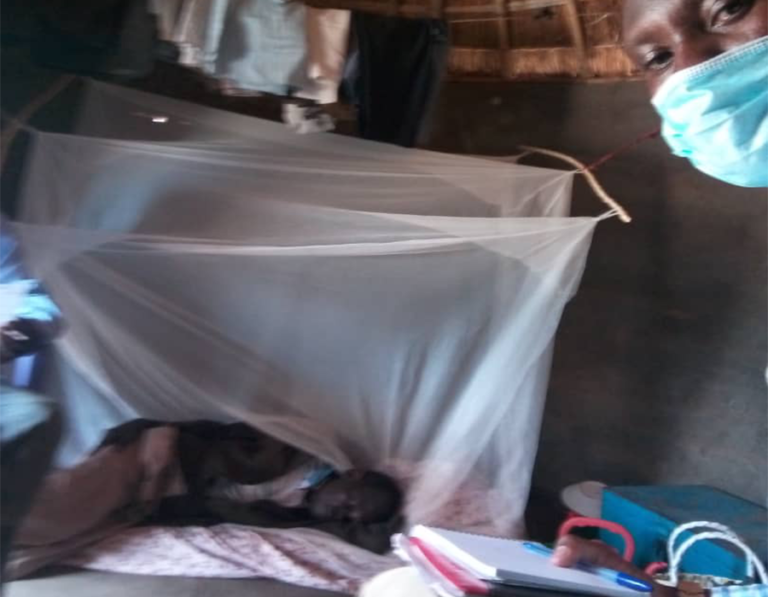
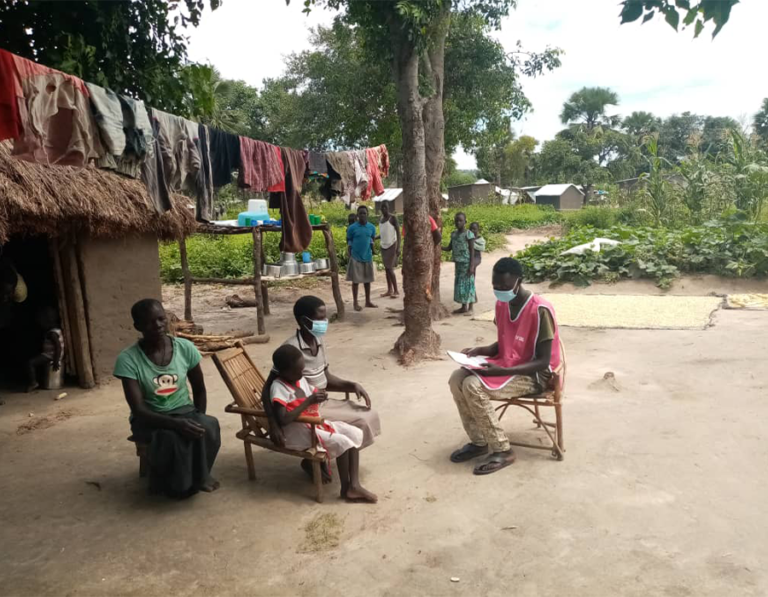
The Capacity Enhancement for Access to Tuberculosis Care Services in Private healthcare sector in Uganda (CEATS-P) project aims to strengthen the capacity of National Tuberculosis and Leprosy Program (NTLP) at regional, District, health facility, and community levels using existing structures to promote TB services through sustainable, evidence-based interventions working closely with the private health sector.
CEATS-P Project Implementation
CEATS-P will be implemented in the 8 districts of Rwenzori region of western Uganda, Bundibugyo, Bunyangabo, Kabaroole, Kamwenge, Kasese, Keggegwa, Kyenjojo and Ntoroko with four of the districts sharing an international border with the Democratic Republic of Congo (DRC). The target region comprises of 8 districts with a high poverty level and a total population is projected at three million seven hundred nine.
